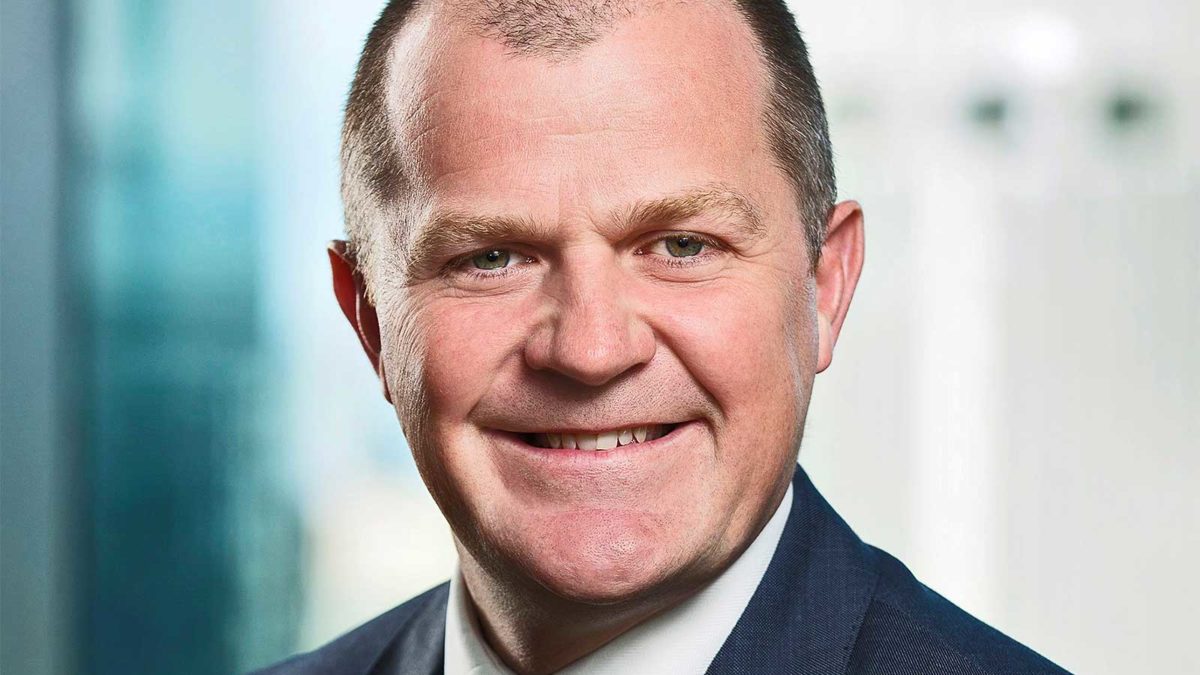Industry has “underwhelmed” on innovation: Schroders CEO
Manufacturers and super funds alike need to do more on the burning issue of retirement products. So far, they’ve failed to innovate.
A full generation of superannuants are about to enter the decumulation phase, with little idea about what to do with the nestegg they’ve built up. And despite the new retirement income covenant, superannuation funds – and their external managers – have been slow to meet demand.
“How do we as an industry respond to that?” says Sam Hallinan, CEO of Schroders Australia. “On the balance, as an industry we’ve underwhelmed on our ability to be innovative on the retirement front.”
“(Schroders) haven’t landed on a view yet as to whether we want to go down the path of creating explicit retirement oriented products, albeit it would be unlikely if we didn’t primarily because of the importance of us as a leader in the industry to step up and play a role in responding to the challenge. I think we will.”
The burgeoning retirement arms race also “goes to the issue of financial advice”, with Hallinan questioning whether the advice model is “fundamentally broken” and if a vehicle can be created that fills the gap. Member engagement remains unacceptably – perhaps insurmountably – low. And while funds have flirted with intrafund advice and digital offerings, there is increasing interest in creating a one-size-fits-most product that negates the regulatory burdens of providing advice.
“I think you’re seeing the emergence – and we’ve seen this for a long time – of asset managers building out income oriented products, which I guess is a reflection on the fact that for the people who are shifting from accumulation to decumulation, income is a priority,” Hallinan says.
“We’ve got a really successful Absolute Return Income fund, which we’ve got as an ETF on the exchange, and that’s doing really well for that reason. We’ll probably do more in that space. We need to do more.”
Another question in the retirement space is whether funds will insource their retirement products, or lean on external manufacturers and managers. Hallinan believes funds themselves will use “whatever manufacturing capabilities they can get access to” – both inside and outside the fund – but that the wider trend towards internalisation will continue apace, creating a unique opportunity to add value by sharing their own learnings as a multi-asset investor, as well as around implementing HR systems and trading platforms.
“We work with clients who internalize and do it in a way designed to try and acknowledge that they’re new to the game, so how can we help them in areas where we know we’re not going to be competing with them? Or even if we do, where we can compete with them and co-exist,” Hallinan says.
“Private markets is clearly an area where both skill and global relevance is important. And so for a lot of super funds, they’ve chosen to compete via internal teams on more of the liquid assets, whereas private markets is clearly a way you can differentiate and genuinely add value, and we believe that’s the truth.”
External managers generally are seeing greater interest in passive or low tracking error strategies as the Your Future Your Super (YFYS) performance test reshapes how they think about investments. Hallinan says that the industry is now “looking for some stability and focus on the good things” and that Australia “is in an incredibly privileged position of building a really sophisticated defined contribution pension system.”
“(YFYS) is a really good example of policy that will achieve an outcome that the policy was designed to achieve, whilst at the same time creating significant negative consequences for the overall system,” Hallinan says.
“The policy is intended to weed out the underperformers and put pressure on them to improve, and that will happen. And it should happen. But the negative unintended consequences… is that the average return of the overall system is likelier to be lower under YFYS than without it. Which is sort of a shame, because whilst the objective of the policy is to weed out underperformers, if it means the average Australian is getting a lower return than that’s disappointing.”











